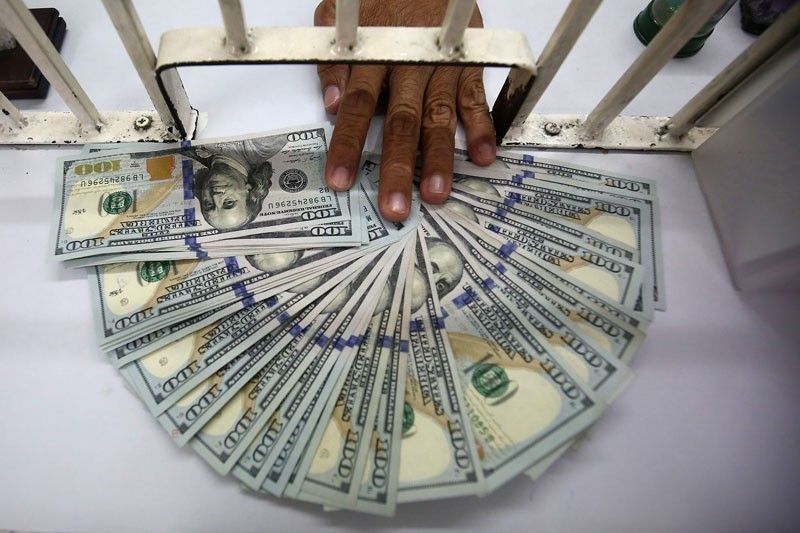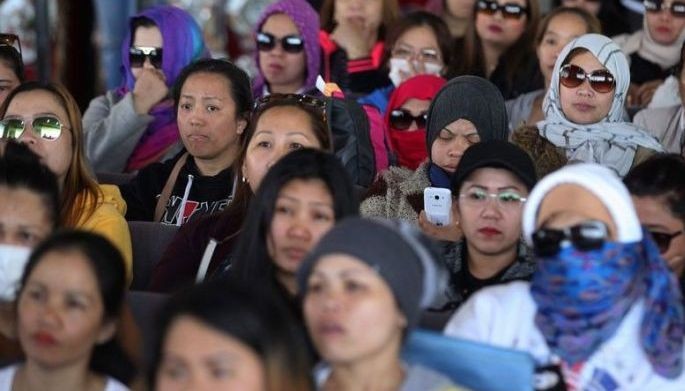‘Relatively high’ portion of OFW remittances spent on luxury items — report

MANILA, Philippines — Families of Filipinos working abroad spend a “relatively high” amount of money on luxury items, leaving insufficient funds for other needs that would secure a household’s financial future, a report released Monday found.
According to a report by US-based international payments company UniTeller, half of remittances received by Filipino households are used for their day-to-day family needs (25%) and repayments of bills and loans (25%).
UniTeller said “much smaller sums” are being earmarked to other important areas, including education (13%) and savings (13%). Meanwhile, 7% of remittances are spent on non-essential luxury items.
This poor financial planning is made worse by almost one-in-five (19%) of remittance recipients in the Philippines saying they “regularly” run out of money.
“Nearly three-quarters (72%) of Filipino recipients say they will reach out to the sender when they run out of the money they receive, with 53% saying they will ultimately have to forgo day-to-day needs if this happens,” UniTeller said.
The Philippines is among the top recipients of money transfers in 2018, the World Bank reported early this year, adding that remittances to poor and developing countries hit a fresh record and should become their largest source of external financing.
In the same report, UniTeller said average monthly remittance value sent home by low-income overseas Filipino migrants stood at $446 as of November this year, higher than their receiver’s average monthly household income of $175.
UniTeller also found that reliance on remittances could stress out both senders and receivers, with 41% of respondents saying the expectation of receiving money causes emotional stress on their family and 54% saying it affects their relationship with the sender.
Although the report highlighted that receivers do not allocate enough of the remittances to savings, it showed that 75% of regular remittance recipients in the Philippines are extremely eager to learn good financial habits.
“As the reliance on remittances grows, a key challenge is ensuring this income translates to building sustainable wealth,” UniTeller Philippines president Noel Cristal said.
- Latest
- Trending































